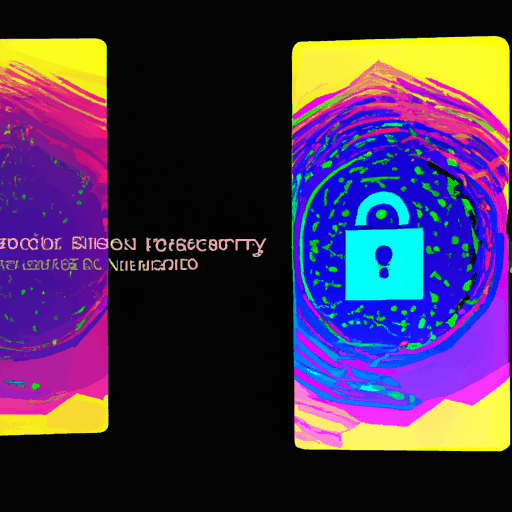
Crocodilus Malware Threatens Android Crypto Wallets
By: Eva Baxter
The Crocodilus malware has emerged as a significant threat to Android users, particularly those involved in the cryptocurrency space. Initially identified by cybersecurity firm Threat Fabric, this malware has been targeting individuals in countries such as Turkey and Spain. It employs a sophisticated method to infiltrate and control Android devices, effectively draining cryptocurrency wallets. The malware is suspected to have origins connected to the Turkish region, as evidenced by the debug language used in its code.
The attack method of Crocodilus involves generating a deceptive screen overlay on legitimate banking or cryptocurrency applications. This overlay mimics the appearance of a usual application interface, tricking users into entering sensitive information like crypto seed phrases. As soon as these applications are launched by the user, the malware activates, muting device sounds and taking control through this fake interface. The users are manipulated into believing they must back up their wallet key, by setting what appears to be an urgent deadline, to prevent an app reset where they stand to lose access to their funds.
Threat Fabric's analysis highlights the potential risks associated with this form of attack. The firm notes that the presence of such malware in the app ecosystem poses a unique challenge as it exploits a typical behavior pattern of users who are prompted to safeguard their digital assets. The veracity of the overlay's appearance can easily mislead even cautious users into disclosing their security credentials. For more details, one can refer to resources provided by Threat Fabric.
This alarming development underscores the broader cybersecurity risks in the cryptocurrency sector, emphasizing the need for heightened vigilance among users of mobile crypto wallets. Users are advised to maintain up-to-date security software and remain wary of unusual prompts or overlays, especially those pertaining to personal financial information. Regularly backing up wallet keys in secure locations and verifying app legitimacy before installation could mitigate potential breaches by such malicious software.



